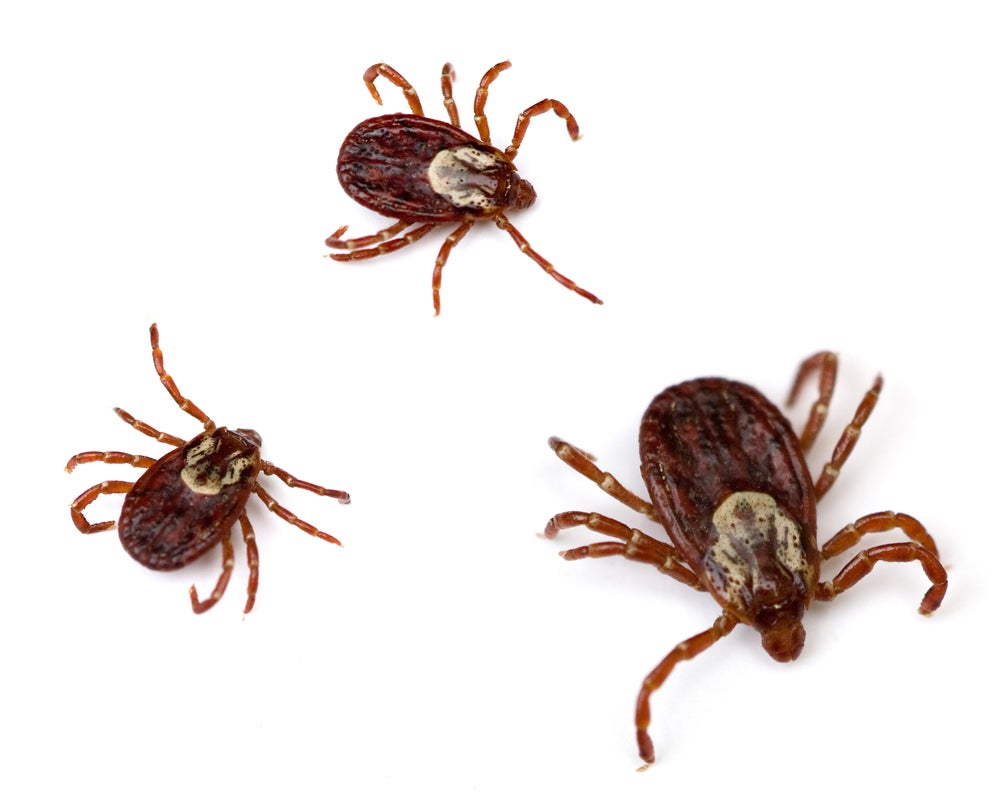Kendal Bowman: Tips on ticks
Published 8:11 am Wednesday, July 19, 2017

- The American dog tick is common in Kentucky, and can carry Rocky Mountain Spotted Fever.
I don’t know about you guys, but I’ve seen an increase of ticks this year.
As most of us enjoyed this past mild winter, it had many advantages and disadvantages.
Unfortunately, more ticks were able to survive than normal. As a result, ticks were out earlier this year.
Ticks are external parasites that must have three blood meals during their life in order to develop and reproduce. Ticks may pick up pathogens and infect another host.
The best way to prevent ticks is to protect yourself. Some precautionary steps would be to avoid walking through tall vegetation, use repellents that contain permethrin, wear boots, tuck your pants into your boots, and wear light-colored clothing so the ticks would be easy to identify.
If you must be in a tick-prone area, such as hiking or outdoor activities, it is important to check yourself, children and other family members for ticks every two to three hours.
If a tick is found, use fine-tipped tweezers, get as close to the skin as possible to make sure the entire tick is removed.
Once it is removed, wash the bite area and your hands and apply antiseptic to the bite site.
There are two common ticks found in Kentucky: the lone star tick and the American dog tick.
Ticks can carry bacterial diseases such as Rocky Mountain spotted fever and Lyme disease, among others.
Symptoms of Rocky Mountain spotted fever may include, but are not limited to, fever, headache, abdominal pain, vomiting, rash and muscle pain. Rocky Mountain spotted fever can be severe, or fatal, if not treated within the first few days of symptoms.
Symptoms of Lyme disease may include a rash that has a characteristic of a bulls-eye and flu-like symptoms. If not treated, Lyme disease can spread to the heart and joints.
If you suspect you, or one of your family members has as tick-borne illness, seek medical attention.
Our beloved pets can even be a host to ticks! Keeping the grass mowed short is a good way to prevent ticks. It is important to use preventive action on your pets also. You should consult your local veterinarian then purchase the proper tick control.
To obtain more information on preventing and controlling ticks, please contact us at the Clark County Extension Office by calling 744-4682
Kendal Bowman is the Clark County Cooperative Extension intern for agriculture and natural resources. David Davis and Clay Stamm are Clark County Cooperative Extension Agents for agriculture and natural resources.





